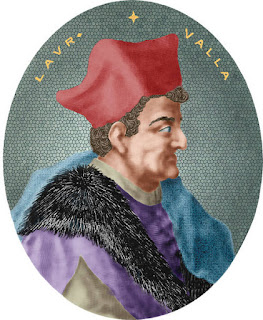A supposed forgery that did have a strong impact was The Ordinance of Normandy. After the Battle of Caen in 1346 (part of the Hundred Years War), the victorious English supposedly found a document that was supposedly written by Philip VI in 1338 (the year the Hundred Years War is considered to have begun).
In it, the plan for Philip and his son (later King John II) to conquer England and destroy it completely is explained. They would give all its land to French lords. This was read out in public at St. Paul's Cathedral for maximum effect and then taken to Parliament. The outrage it created among the English population helped fuel support for Edward's military plans. In our modern times, calls would be made to French officials to deny or repudiate the contents of such a document, but in 1346, it was taken at its word.
There is no evidence that this was an official French policy or plan. No originals exist in French royal records. It was a useful tool of propaganda for the English, uniting the country against its enemy across the Channel.
There was a similar document connected to the crusades. Many copies exist of a popular letter written supposedly by Emperor Alexios I Comnenos to Count Robert I of Flanders, asking for help from Western Europe against the Turks. It describes all manner of horrible acts by the Turks. There is no indication that those acts took place, or that it was composed and sent prior to Urban's calling of the First Crusade, and is most likely to have been written afterward to help keep "Crusade Fever" going.
There will be a few more examples of medieval forgeries tomorrow, then we'll move on to a related topic.




